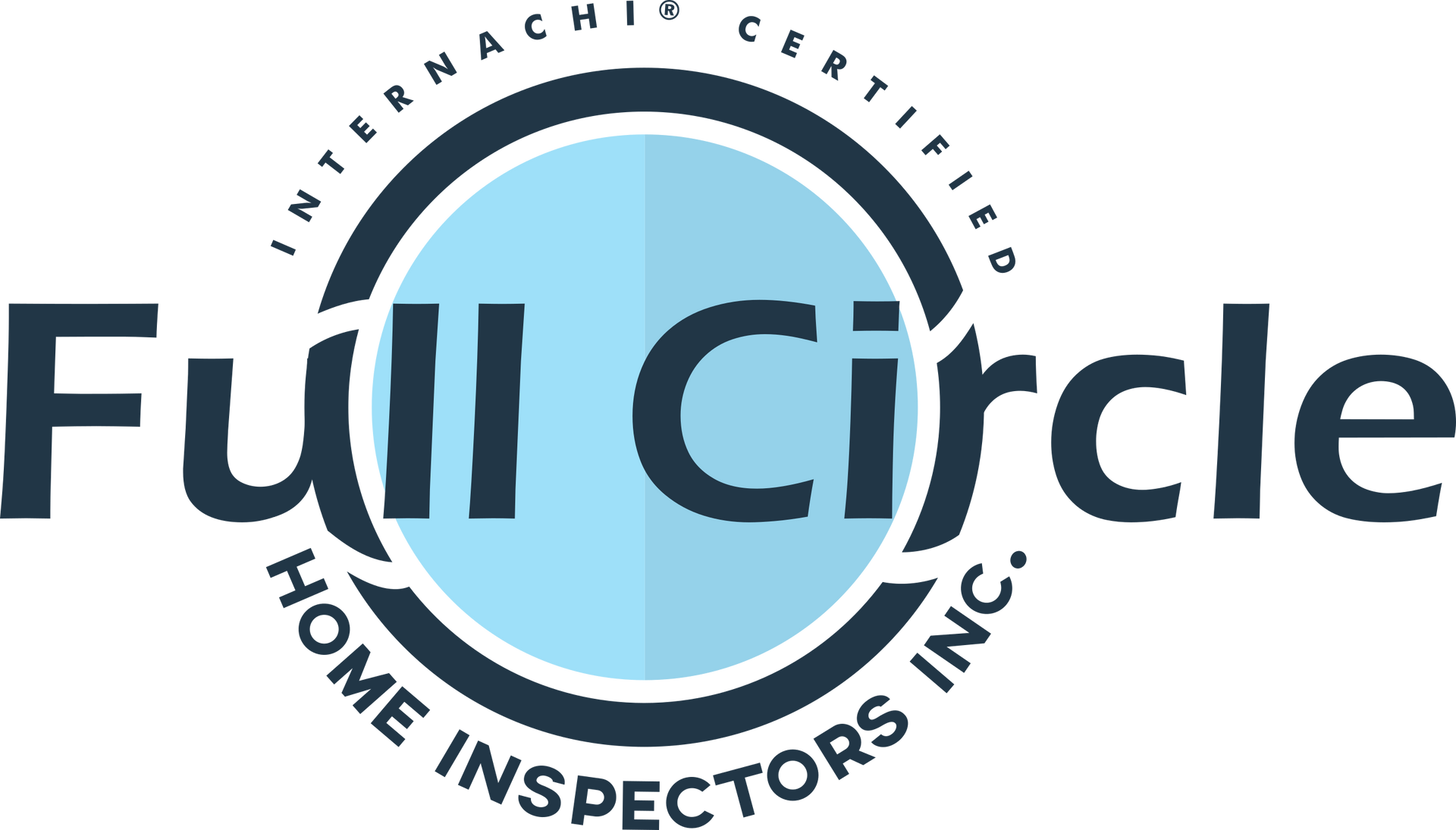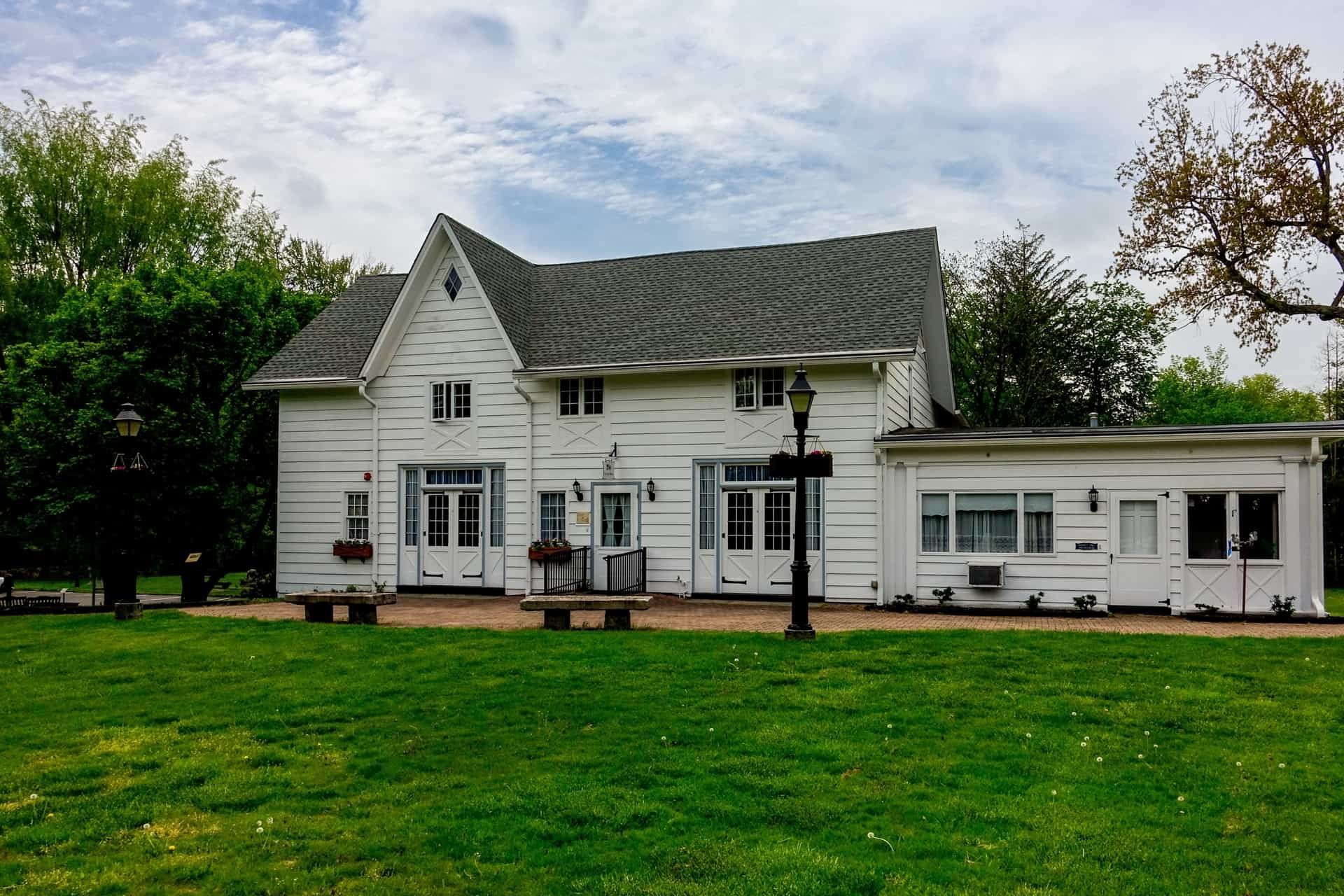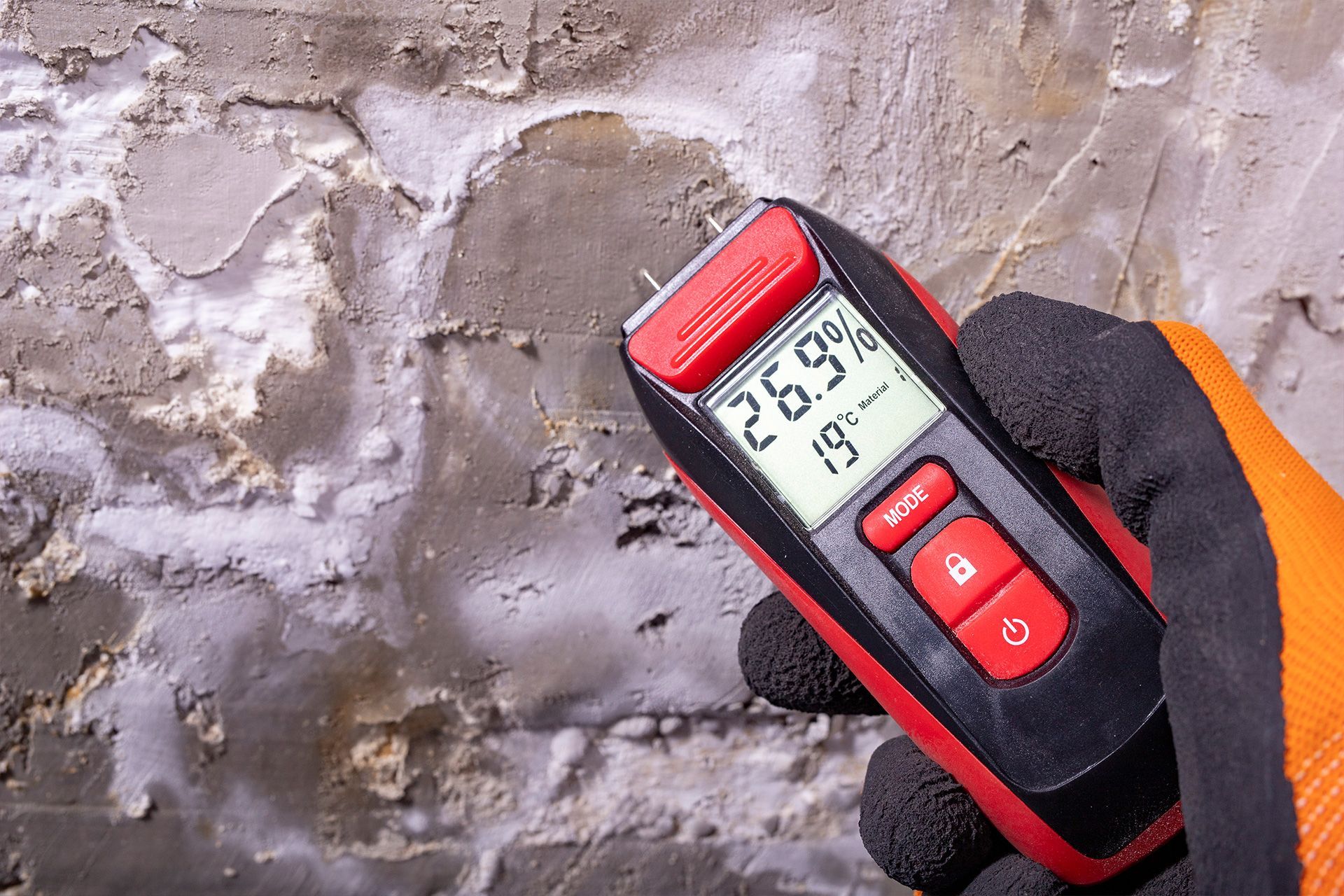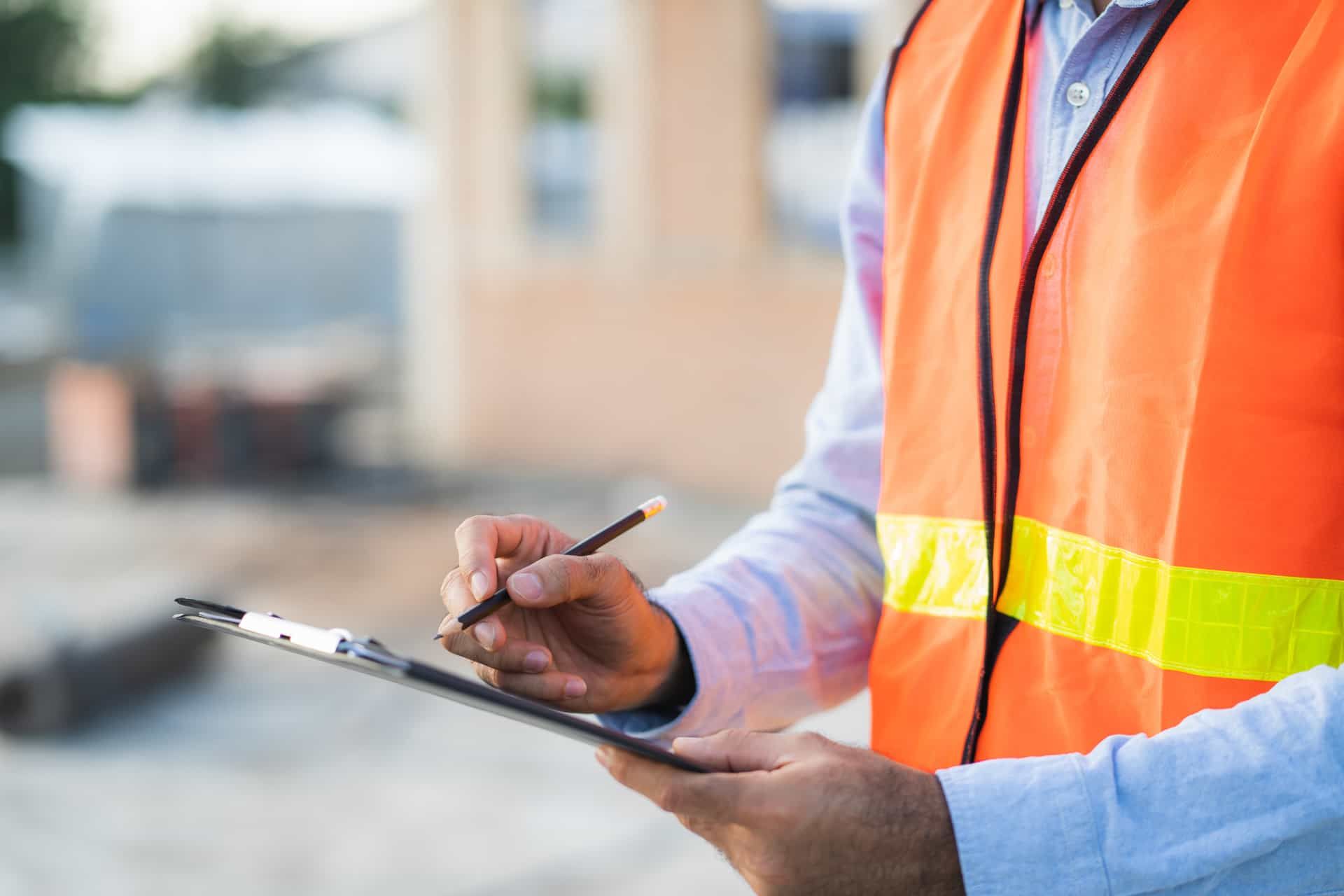How to Choose the Right Home Inspector for Your Needs
How to Choose the Right Home Inspector for Your Needs
Did you know that over 80% of homebuyers in the U.S. get a home inspection before closing on a property? According to the American Society of Home Inspectors, most buyers want peace of mind before making one of the biggest financial decisions of their lives. A good home inspection can uncover hidden problems that could save you thousands of dollars in repairs. But here’s the catch—your experience depends on choosing the right home inspector.
In this guide, we’ll break down everything you need to know about finding the right home inspector for your needs. Whether you’re buying your first home or your fifth, these tips will help you feel confident in your decision..
Why Hiring the Right Home Inspector Matters
A home is more than just walls and a roof—it’s an investment, a safe space, and often a lifelong dream. Choosing the right home inspector is crucial because:
- They protect your investment:
A skilled inspector can reveal major structural issues, faulty wiring, plumbing leaks, and even safety hazards.
- They give you negotiating power:
A
detailed inspection report can help you negotiate repairs or even lower the price.
- They bring peace of mind:
Knowing your home is safe and sound helps you move forward without worry.
Not all inspectors are the same. Their experience, training, and attention to detail can vary widely, so you’ll want to know what to look for before hiring.
Step 1: Look for Qualifications and Certifications
The first thing to check when choosing a home inspector is their credentials. A qualified inspector should have certifications from trusted organizations such as:
- American Society of Home Inspectors (ASHI)
- International Association of Certified Home Inspectors (InterNACHI)
- National Association of Home Inspectors (NAHI)
These certifications mean the inspector has completed training, follows a code of ethics, and continues to update their knowledge.
👉 Pro Tip: In many U.S. states, home inspectors are required to have a license. Make sure your inspector meets local requirements.
Step 2: Check Their Experience
Experience matters. An inspector who has been in the industry for several years has likely seen all kinds of problems. Ask:
- How long have you been a home inspector?
- How many inspections have you completed?
- Do you specialize in certain types of homes (older homes, condos, new builds)?
A more experienced inspector is often better at spotting issues that less experienced inspectors might miss
Step 3: Review Sample Inspection Reports
Before hiring, ask to see a sample inspection report. This will tell you a lot about how detailed and professional the inspector is. A good report should include:
- Clear descriptions of problems
- Photos of the issues
- Easy-to-understand language
- Recommendations for repairs or further evaluations
Avoid inspectors who provide vague or rushed reports. You want a document that is thorough enough to guide your next steps.
Step 4: Read Reviews and Ask for References
In today’s digital world, it’s easy to find reviews online. Check Google, Yelp, or the Better Business Bureau for feedback from past clients. Look for comments about the inspector’s thoroughness, professionalism, and reliability.
You can also ask the inspector for references. Speaking directly to previous clients can give you insight into what it’s like to work with them.
Step 5: Compare Costs, But Don’t Just Go Cheap
The cost of a home inspection usually depends on the home’s size and location. While it may be tempting to go with the cheapest option, remember that a low price could mean less experience or a rushed job.
Instead, compare value:
- What’s included in the inspection?
- Do they check the roof, attic, basement, and crawl spaces?
- Do they offer specialized services like radon or mold testing?
Spending a little more for a skilled home inspector can save you thousands later.
Step 6: Ask About Insurance and Guarantees
A trustworthy home inspector should carry liability insurance and errors and omissions (E&O) insurance. This protects you if the inspector misses a major issue.
Some inspectors also offer a satisfaction guarantee, which shows they stand by their work. Always ask before hiring.
Step 7: Make Sure They Communicate Well
In today’s digital world, it’s easy to find reviews online. Check Google, Yelp, or the Better Business Bureau for feedback from past clients. Look for comments about the inspector’s thoroughness, professionalism, and reliability.
You can also ask the inspector for references. Speaking directly to previous clients can give you insight into what it’s like to work with them.
Step 8: Be Present During the Inspection
Whenever possible, attend the inspection in person. Walking through the home with the inspector allows you to see issues firsthand, ask questions, and get explanations on the spot.
This is also a great opportunity to learn more about how to maintain your new home.
Common Mistakes to Avoid When Choosing a Home Inspector
- Relying only on your real estate agent’s recommendation: While many agents recommend reliable inspectors, it’s always smart to do your own research.
- Not checking credentials:
An unqualified inspector could miss major problems.
- Choosing based only on price: Cheaper is not always better when it comes to protecting your investment.
Questions to Ask Before Hiring a Home Inspector
- What certifications or licenses do you hold?
- How long have you been inspecting homes?
- Can I see a sample inspection report?
- Do you carry insurance?
- What areas of the home do you inspect?
- Do you offer any additional testing (radon, mold, termite)?
- Can I attend the inspection?
Final Thoughts
Choosing the right home inspector is one of the smartest moves you can make as a buyer. The right professional will protect your investment, give you peace of mind, and help you make informed decisions. Remember to check credentials, review sample reports, read reviews, and don’t cut corners on cost.
With the right inspector by your side, you can move into your new home with confidence.
Ready to work with a trusted and experienced home inspector? Contact Full Circle Home Inspectors today to schedule your inspection
Frequently Asked Questions (FAQs) About Home Inspectors
What does a home inspector look for?
A home inspector looks for issues with the structure, roof, foundation, electrical system, plumbing, HVAC, and more. They also note safety hazards and recommend further evaluation when needed.
How long does a home inspection take?
Most inspections take 2 to 4 hours, depending on the size and condition of the home. Larger or older homes may take longer.
Should I attend the home inspection?
Yes! Attending the inspection allows you to ask questions, see issues firsthand, and better understand your future home.
Do home inspectors check for mold or termites?
Not always. Mold, radon, or termite inspections are often offered as add-on services, so ask your inspector if they provide these.
Can a home inspector fail a house?
No. Home inspectors don’t pass or fail homes. They simply report on the condition and point out problems so you can make an informed decision.
How do I find the best home inspector near me?
Look for certified inspectors with strong reviews, solid experience, detailed reports, and clear communication. Always verify their licensing and insurance.
Disclaimer: The information on this website and blog is for general informational purposes only and is not professional advice. We make no guarantees of accuracy or completeness. We disclaim all liability for errors, omissions, or reliance on this content. Always consult a qualified professional for specific guidance.







